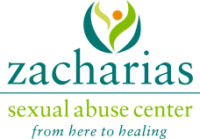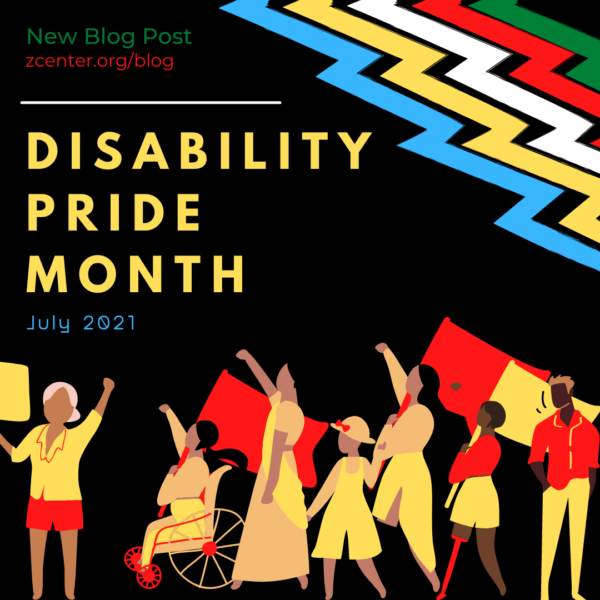In honor of Disability Pride Month, we explore some best practices for offering solidarity to people with disabilities. This is about accepting and honoring the uniqueness of people and their abilities. There absolutely is pride in who they are, despite the limitations society puts on them and the boxes they’re made to fit into.
Having a disability is an identity like all other groups. There is a culture that people with disabilities share as a whole, and there are subcultures within each disability that someone identifies with. Meaning, they can take pride in their strength as someone with a disability and also participate in that culture along with those who have varying disabilities. They come together in unity, understanding the complexities of the world they have to move around in and how they can be referred to or treated. They can also acknowledge the subculture they participate in as someone who’s deaf or utilizes a wheelchair, for example. These individuals share deeper nuances of their world, how people respond to them, or don’t respond at all.
Disabilities aren’t always seen. It isn’t that easy to place them into categories, nor should we try. They represent all walks of life and contribute in the most profound ways in their communities. These people are professionals, athletes, educators, first responders, writers, artists, our political officials, etc. They need to be at the table. They need to be respected; they need to be included and invited into mainstream discussions and decisions. One of the mottos shared by many with disabilities is, “Nothing about us without us,” i.e. please don’t make decisions for us without our input.
What can you do this month and beyond to support people with disabilities?
- Always interrupt stereotypes and negative statements about people with disabilities. Interrupt comments made to or about someone in your presence.
- Ensure people with disabilities are given the same opportunities for employment, inclusion, training, choices, and successes.
- If you don’t know, ask. People are open to someone taking an interest in who they are and asking questions, instead of making assumptions or just staring.
- Find out the appropriate ways to approach someone who’s blind or hard of hearing.
- Understand that someone’s wheelchair is an extension of themselves and touching it requires consent.
- Use People First Language.
- Learn more about autism or TBI and ask them what will be most beneficial for them at work, or home, at school, and in social situations. Learn more about what TBI is.
Everyone deserves to be proud of who they are. People with disabilities work hard to achieve things others take for granted every day. So learn more about someone you might know. Check out the Disability flag and why it was created that way. Our planet is incredible and diverse and people with disabilities are and always will be a valuable part of our communities.
Written by Wendy Ivy, Associate Executive Director
All ZCenter blog posts are written by state certified staff, interns, and volunteers. For questions on authorship or content, please email kjones@zcenter.org.

